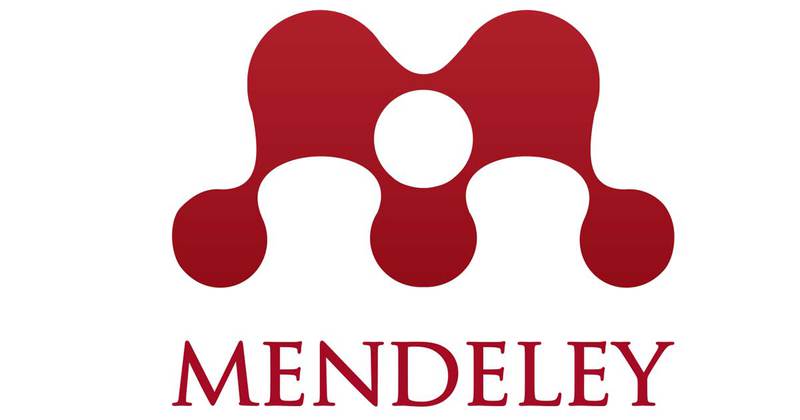Ecofeminism Movement Through Household Waste Management In The Zona Bening Community, Batu City- East Java
DOI:
https://doi.org/10.22219/jpa.v4i2.19175Keywords:
Ecofeminism, Bening Zone Community, Household Waste ManagementAbstract
This study aims to describe the Ecofeminism Movement Through Household Waste Management in the Zona Bening Community, Batu City, East Java. This research uses a descriptive approach with the reason of using narrative nature, so that it can explore all the information from the informants about the activities of the ecofeminism movement through household waste management in the Zona Bening community. The subjects of this research are the core administrators of the Zona Bening community. Data was collected by means of observation, interviews and documentation. The data analysis technique used in this study uses an interactive model which includes data reduction, data display and conclusion drawing. Test the validity of the data using source triangulation techniques. The results of this study indicate that the household waste management activities carried out by the Zona Bening are a manifestation of the ecofeminism movement, this is because the actor who plays a role in the Zona Bening community is a woman who cares about the ecological space. Ecofeminism theory by Vandana Shiva is used as the basis of analysis in this study because the ecofeminism movement is a benchmark that there is awareness that can be shared with the public about the importance of maintaining and preserving the environment that can blend with nature, thus forming harmonization between nature and humans in accordance with the concept of balance.
Downloads
References
Bidegain Ponte, N., & Enríquez, C. R. (2016). Agenda 2030: A bold enough framework towards sustainable, gender-just development? Gender and Development, 24(1). https://doi.org/10.1080/13552074.2016.1142227
Cresswell, J. W. (2013). John Cresswell - Research Design. In Journal of Chemical Information and Modeling (Vol. 53, Issue 9).
Miles, M., & Huberman, A. (1994). Miles and Huberman Chapter 2. In Qualitative Data Analysis.
Pak, V. (2021). Language, Gender, and Sexuality: An Introduction Scott F. Kiesling (2019). Gender and Language, 15(1). https://doi.org/10.1558/genl.19531
Shiva, V. (1988). Staying Alive: Women, Ecology and Survival in India. In Community practitioner : the journal of the Community Practitioners’ & Health Visitors’ Association (Vol. 84, Issue 7).
Shiva, V. (2015). The Vandana Shiva: Reader. In The Vandana Shiva: Reader. https://doi.org/10.4342/9780813146997
Suryati, T. (2009). Bijak & Cerdas Mengelola Sampah Membuat Kompos dari Sampah Rumah Tangga. PT Agromedia Pustaka.
Tarrow, S. (2010). Dynamics of diffusion: Mechanisms, institutions, and scale shift. In The Diffusion of Social Movements: Actors, Mechanisms, and Political Effects. https://doi.org/10.1017/CBO9780511761638.012
Tong, R. P. (2010). Feminist Thought; Pengantar Paling Komprehensif Kepada Aliran Utama Pemikiran Feminis. Jalasutra.
Wijayanti, I., Kusuma, N., & Pneumatica, O. (2019). Gerakan Ekofeminisme Dalam Pemberdayaan Perempuan Pengolah Limbah (Studi Kasus Komunitas Pengolah Limbah di Desa Narmada). RESIPROKAL: Jurnal Riset Sosiologi Progresif Aktual, 1(1). https://doi.org/10.29303/resiprokal.v1i1.4
Yin, R. K. (2009). Case study research : design and methods / Robert K. Yin. In Applied social research methods series: 5.
Downloads
Published
How to Cite
Issue
Section
License
Copyright (c) 2021 Fitri Yasin, Vina Salviana Darvina S, Su’adah

This work is licensed under a Creative Commons Attribution-ShareAlike 4.0 International License.
Authors who publish with Jurnal Perempuan dan Anak (JPA) agree to the following terms:
- For all articles published in Jurnal Perempuan dan Anak (JPA), copyright is retained by the authors. Authors give permission to the publisher to announce the work with conditions. When the manuscript is accepted for publication, the authors agree to automatic transfer of the publishing right to the publisher.
- Authors retain copyright and grant the journal right of first publication with the work simultaneously licensed under a Creative Commons Attribution-ShareAlike 4.0 International License that allows others to share the work with an acknowledgment of the work's authorship and initial publication in this journal.
- Authors are able to enter into separate, additional contractual arrangements for the non-exclusive distribution of the journal's published version of the work (e.g., post it to an institutional repository or publish it in a book), with an acknowledgment of its initial publication in this journal.
- Authors are permitted and encouraged to post their work online (e.g., in institutional repositories or on their website) prior to and during the submission process, as it can lead to productive exchanges, as well as earlier and greater citation of published wor (See The Effect of Open Access).
This work is licensed under a Creative Commons Attribution-ShareAlike 4.0 International License








